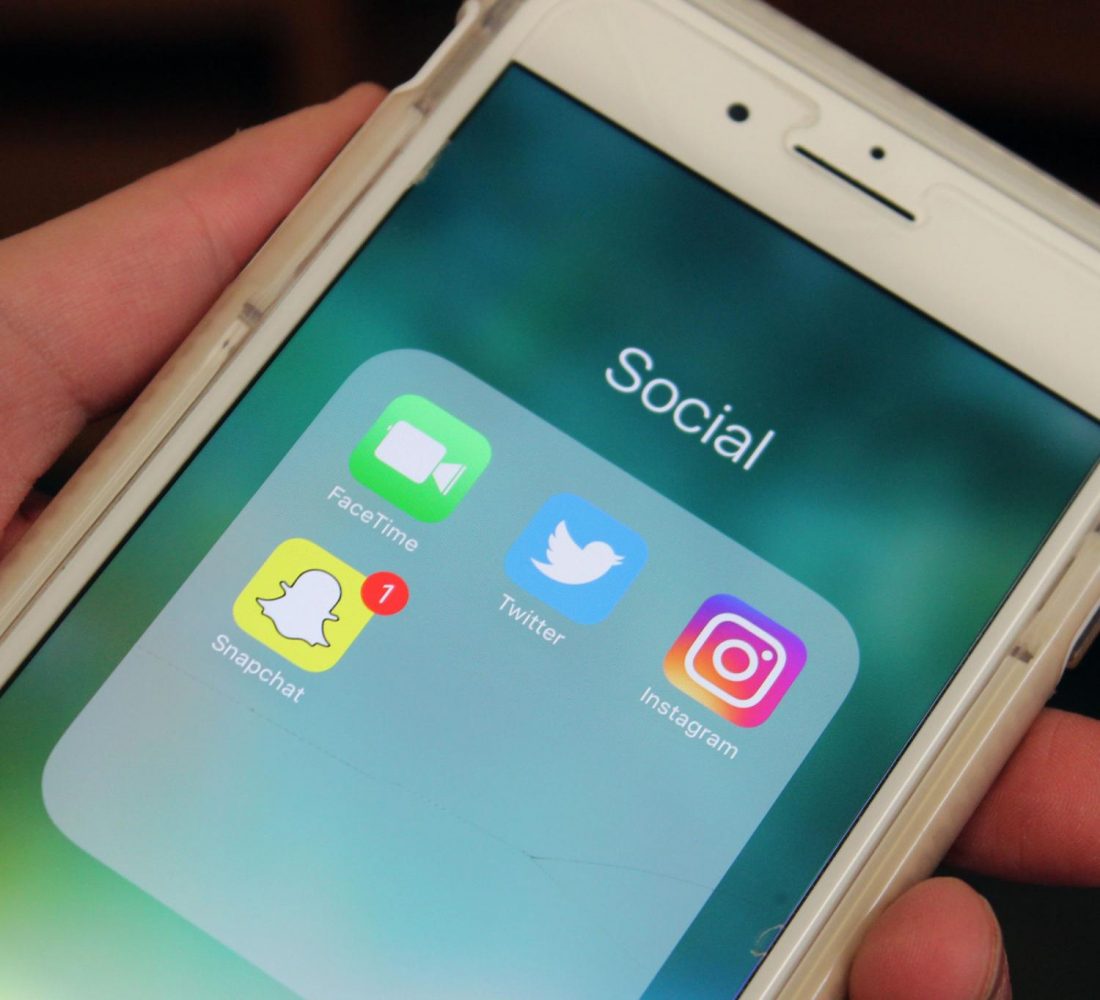Sexting offenders to face new consequences
It’s a subject that almost every teen is aware of, but few parents want to face: teens using their phones to send and receive nude photos. Even though the possession of nude images of anyone under 18 is considered child pornography by the law, the only way to charge teens for sexting, prior to House Bill 1058, was to convict them as felons–a sentence that could indefinitely ruin many lives.
The official felony charge, Sexual Exploitation of a Child, comes with some heavy consequences, including jail time, fines and being listed on the sex offender registry.
But as of January 1, 2018 prosecuters will have more options, including new, lesser punishments that are much more likely to be enforced. District Attorney Michael J. Rourke first approached Principal Jay Tapia with the idea of getting kids “up to speed” on the new law, and then presented to teachers the week before students returned.
The DA’s office then returned to present “Texting Above the Line” on September 14 in order to educate EHS students on the new law and the repercussions of sexting.
Among the presenters were Communications Director Tyler Hill Chief Deputy DA Thea Corasco and Kirsta Britton the director of diversion. These three heavy hitters came to “tell it straight,” Britton said.
Hill said the main purpose was to inform teens of the new repercussions that will come with sexting so that “they are not caught off guard” when the new year rolls around.
“So we thought about it,” Hill said, “and we said, ‘Well if we wait until January, there will be a lot of kids who didn’t know that it’s now a law who are going to be in trouble.” Hill said he and his team have visited many local high schools and have seen some enlightened students.
During the assempbly at EHS, presenters explained that sexting can oftentimes be a form of online harrassment, a term now known as Cyberbullying. They talked about a 2015 law called “Kiana’s Law,” named after a Highlands Ranch teen who attempted suicide after being cyberbullied.
Cyberbullying is when someone “repeatedly threatens, harasses, mistreats, or makes fun of another person (on purpose) online or while using cell phones or other electronic devices.” ACcording to the Cybebullying Research Center, nearly two-thirds (64%) of the students who experienced cyberbullying stated that it really affected their ability to learn and feel safe at school.
According to the Cyberbullying Research Center this bullying reached across envirnments. For example, 83% of the students who had been cyberbullied recently (in the last 30 days), had also been bullied at school recently.
Kiana’s law, and real-life examples were used to illustrate situations that teens face both in and outside of school every day.
“When we developed this presentation, we really wanted to look at the real life examples of what happens across the country, so that’s what we did,” Hill said. “And those are the stories you’re reading.”
The new sexting laws will involve three classes of sex offenders, classified into Tier I, Tier II, and Tier III, according to the OLR Research Report. Most minors convicted of sexting would likely be in the first or second tiers. This conviction still comes with heavy penalties, including prison time (if a Tier II offender), not being able to apply for college, and prohibiting application for any financial aid.








